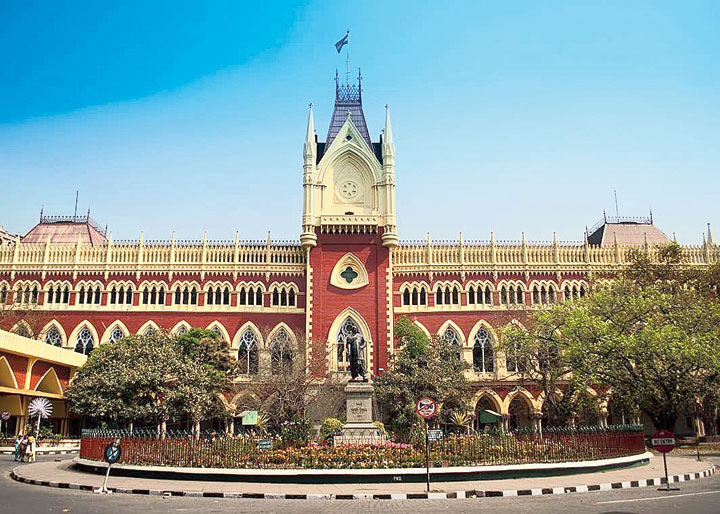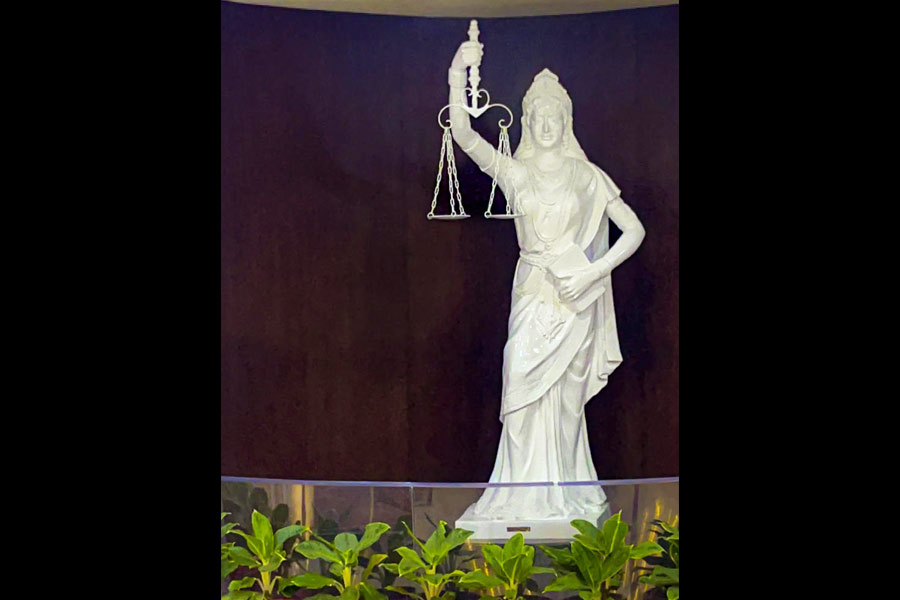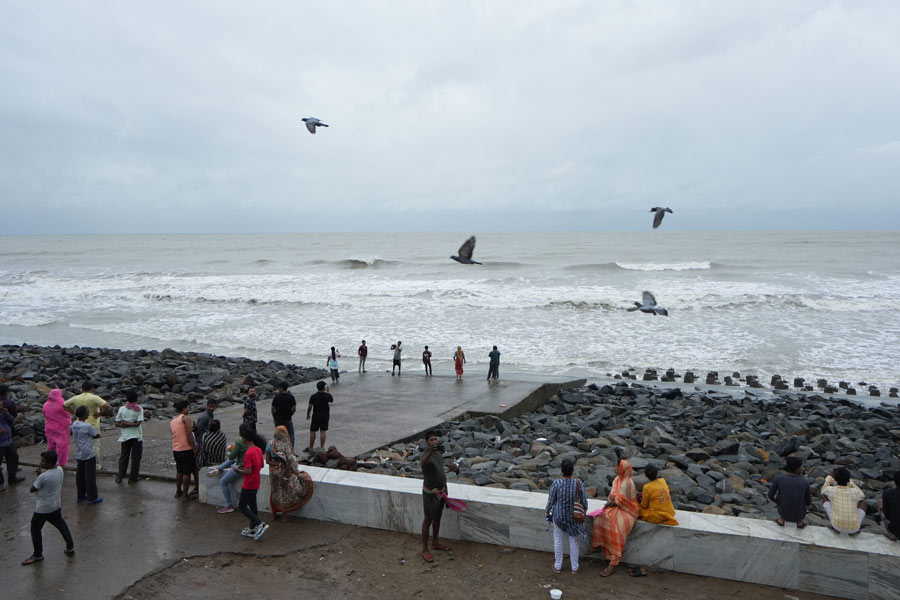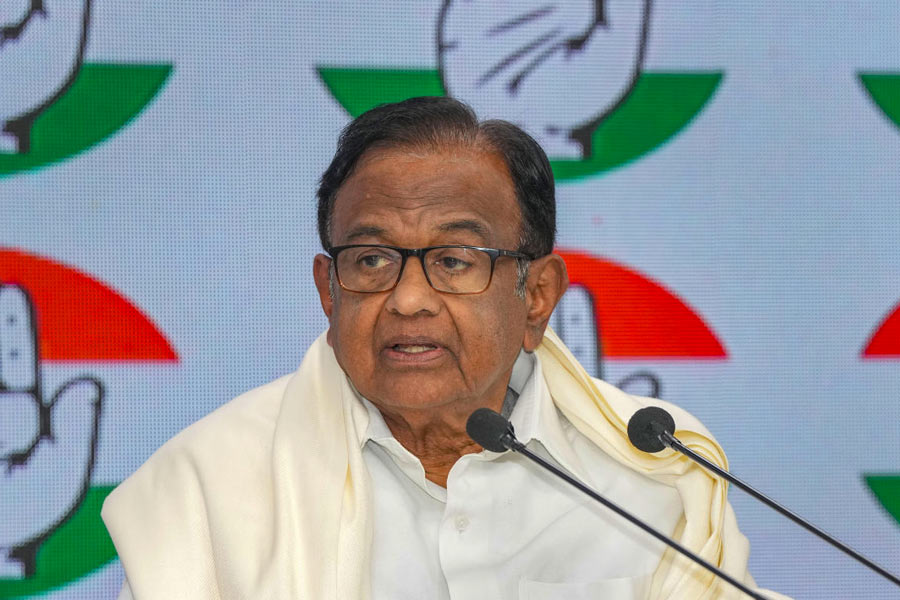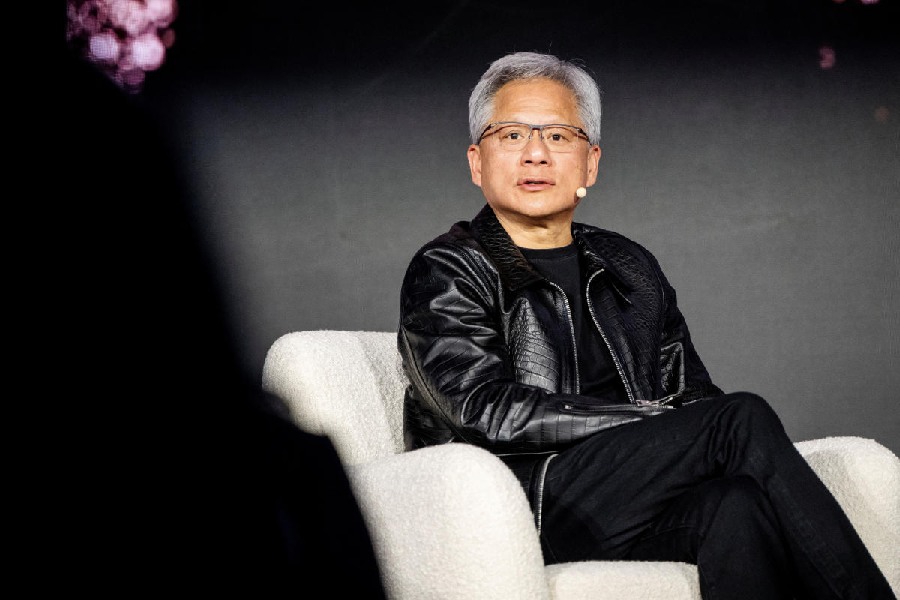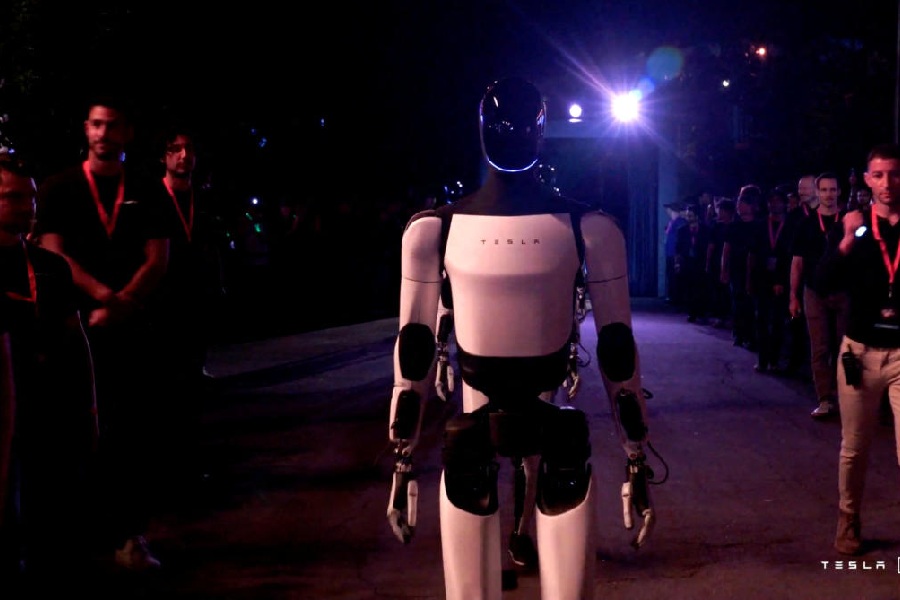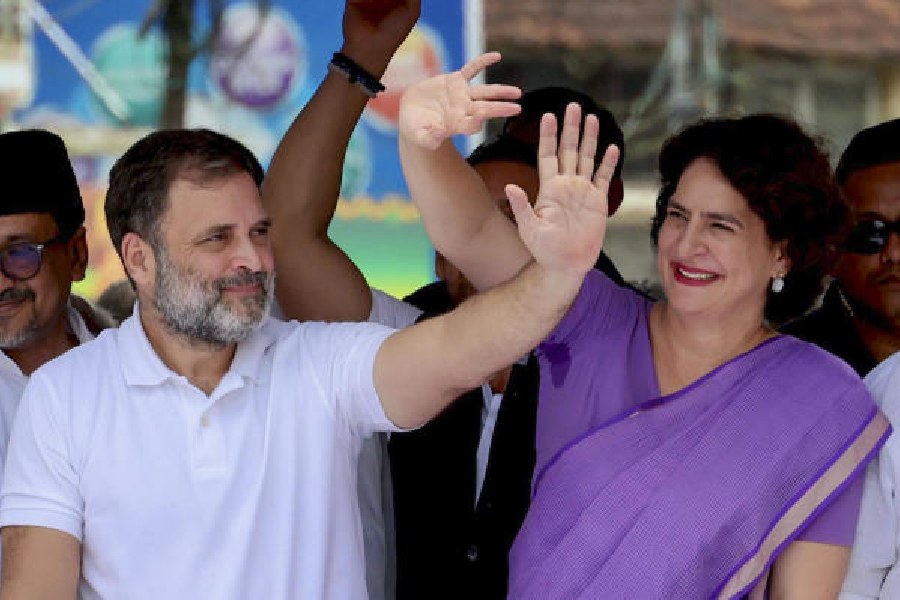Calcutta High Court Chief Justice T.B.N. Radhakrishnan on Tuesday set up a three-member committee to decide on the release of convicts who had already spent 10 years at correctional homes across Bengal.
The Supreme Court had on Monday requested all high court chief justices to take steps to release prisoners on parole from overcrowded jails in view of the coronavirus.
The state legal aid services authority chairman Justice Dipankar Dutta will head the three-member committee constituted by Justice Radhakrishnan. The two other members are principal secretary of the Bengal home department and director-general of police (jails). “The committee members will work from home and recommend the names of persons to be released from jails,” the chief justice said.
A full court meeting of the high court asked Justice Radhakrishnan to consider whether normal functioning of the high court and subordinate courts in Bengal could be suspended or not.
The judges suggested that two special courts be held on April 1 and 8 to hear urgent matters. The meeting also recommended that district judges be asked to hear urgent cases and remand cases.
According to a Supreme Court ruling, high courts should function at least 210 days a year.
The meeting suggested that the Calcutta High Court could sit between November 2 and 13 when it was supposed to have its annual vacation.
Since March 16, Calcutta High Court judges had planned to hear only urgent cases. Accordingly, the court was functioning with skeleton staff.

